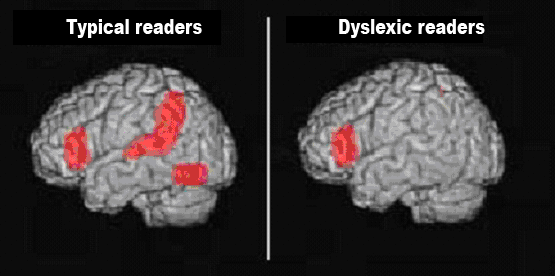Beyond Phonics
There are some pupils who still find it hard to read, despite quality first teaching of phonics.
While teaching phonics is an effective way to teach many pupils to read, by itself, it doesn't reach all pupils.
"We should accept that some children are harder to teach, and we need to work harder to reach those children."
The Reading Framework 2023, page 125
If a pupil still struggles with reading after high quality phonics teaching, you need to go beyond phonics and teach them other skills necessary for reading.
1. Phonological Awareness
Phonological Awareness is being able to hear individual sounds in words. For example, hearing that cat and bat rhyme, that bat and ball both start with the same sound.
This skill is taught in Letters and Sounds Phase 1, however not all children are developmentally ready at age four. Therefore, some pupils will have revisit it later.
Research has shown that children who start school with poor phonological awareness leave school as struggling readers unless they do a phonological awareness intervention.
Literacy Gold improves phonological awareness though rhyming and other multi-sensory activities.
2. Phonemic Awareness
Phonemic Awareness is part of phonological awareness. It is the ability to manipulate phonemes in words. For example, hearing and understanding that it is the middle sound that is different between hop and hope.
Phonemic manipulation activities, like those contained in Literacy Gold, improve phonemic awareness.
3. Eye Control
To read easily you need to be able to focus both eyes on the same letter, and track across the page. People with convergence insufficiency struggle to do this.
Literacy Gold improves convergence through engaging 3D games.
4. Abstract Words
Abstract words are words that can't be visualised, like the, is, it, will and be. Some pupils think in pictures, not words, and so struggle to read abstract words.
For these pupils to read abstract words they need to be able to visualise them. Literacy Gold contains illustrated pictures for the most frequently used abstract words.
Phonological Awareness - The Science
Reading is done in the brain. But which parts? MRI scans show that dyslexic people use different parts of the brain to read than non-dyslexic people do.

MRI scans have found differences in the brain between people with and without dyslexia.
Numerous scientific studies have proven brain plasticity – that the brain can be changed by practising and repeating tasks.
Scientific studies have proven that if pupils with dyslexia repeat activities, which activate the neural pathways that fluent readers use, they become more fluent.
Literacy Gold contains these activities which have been proven to activate the neural pathways needed to read fluently: phonological awareness, phoneme manipulation, segmenting, blending and auditory discrimination.
Literacy Gold
Literacy Gold's catch-up reading intervention limits distraction, and reaches the pupils that phonics leaves behind. Personalised, bespoke lessons proceed at a suitable pace for each pupil, closing learning gaps.
On average reading improves by 12 months after playing Literacy Gold for a term.